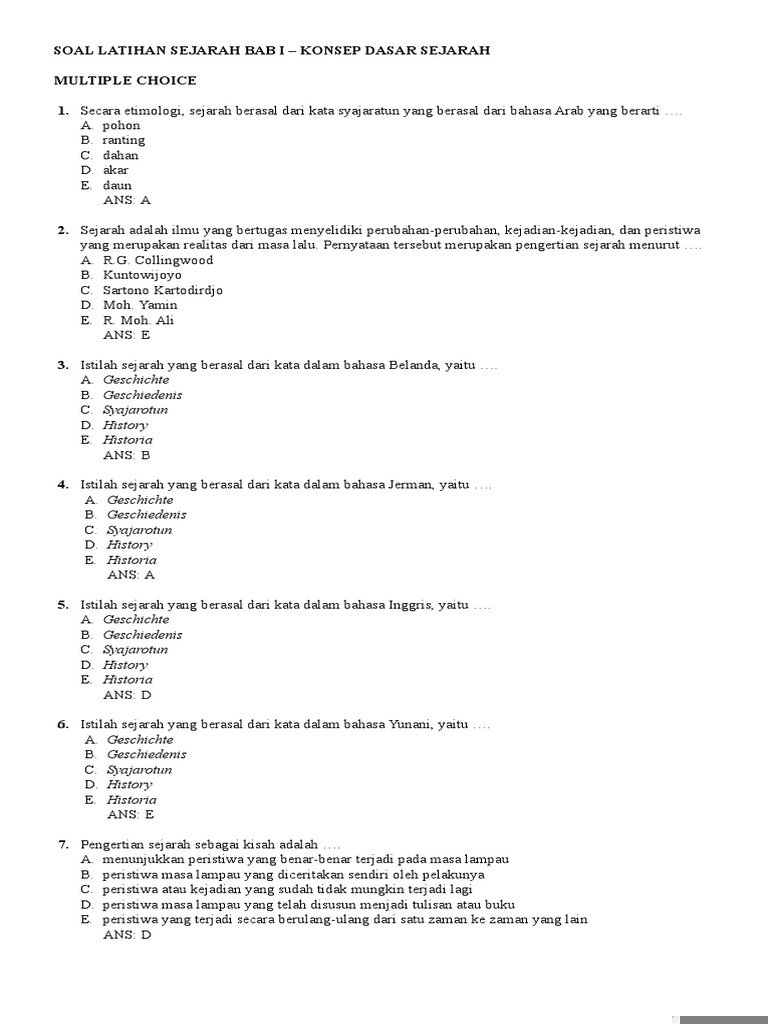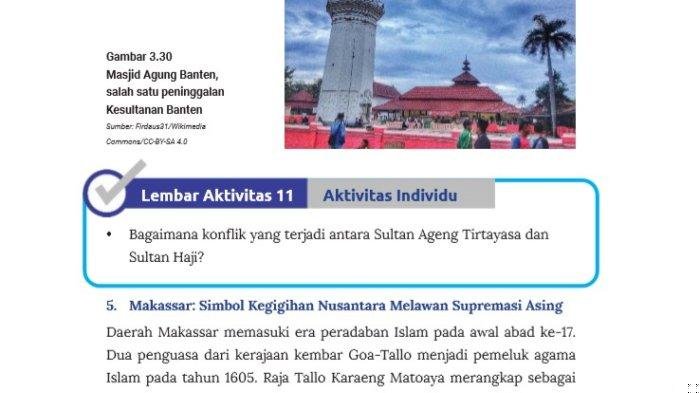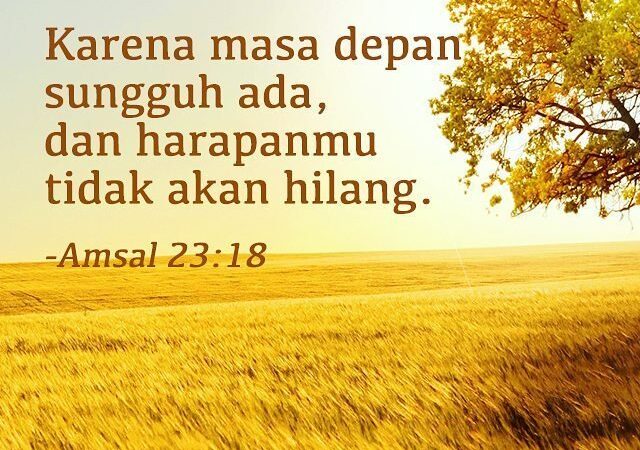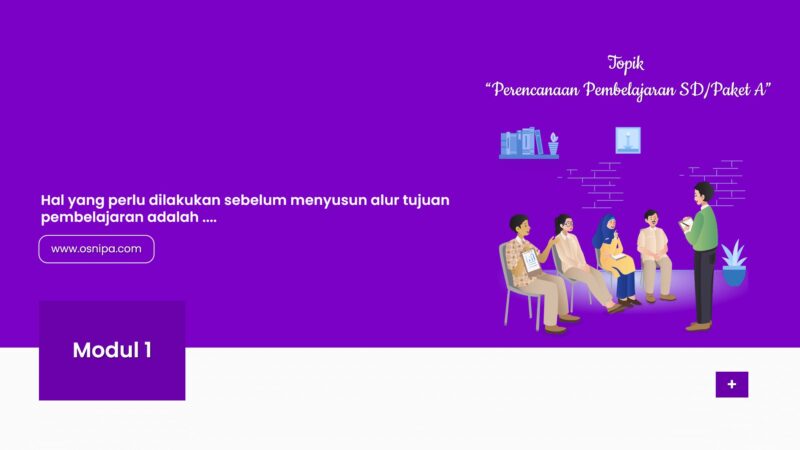Istilah Sejarah Yang Berasal Dari Kata Dalam Bahasa Belanda Yaitu Penting Untuk Dipahami

Many historical terms have their roots in languages that shaped nations and cultures. One fascinating aspect is how Dutch has influenced the historical lexicon in various regions. Istilah sejarah yang berasal dari kata dalam bahasa belanda yaitu highlights the connection between languages and the events that shaped our world.
Take, for example, terms that describe trade, colonization, and governance. These words tell stories of the past and reveal the intricate relationships between societies. Let’s delve into these Dutch-derived historical terms and explore their significance in our understanding of history.
Istilah Sejarah yang Berasal dari Kata dalam Bahasa Belanda yaitu
The Dutch language has significantly influenced various aspects of cultures and languages around the world, particularly in regions where the Dutch had historical presence, such as Indonesia, South Africa, and parts of the Caribbean. Many terms from Dutch have woven themselves into local languages, especially in the context of history. This article aims to explore several historical terms derived from Dutch, uncovering their meanings, significance, and the context in which they are used.
The Rich Historical Connection Between Dutch and Other Languages
Various former Dutch colonies and regions have adopted words from the Dutch language, contributing to a unique blend of vocabulary in local dialects. The exchange of words often reflects the historical interactions between Dutch settlers and local populations. Understanding these terms provides insight into both the language and the history of the regions affected.
Examples of Historical Connections
– **Indonesian Language**: During the colonial period, many Dutch words entered the Indonesian language. These terms reflect not only the history of colonization but also cultural exchanges.
– **Afrikaans Language**: Afrikaans, a language derived from Dutch, has retained many historical terms that illustrate the development of South African culture and history.
Common Dutch-derived Historical Terms in Indonesian
One of the most prominent examples of Dutch influence is evident in the Indonesian language. Some Dutch words have become a part of everyday vocabulary in Indonesia. Here are some key historical terms borrowed from Dutch:
1. Benteng
The word “benteng,” meaning fortress, derives from the Dutch word “burcht.” These fortifications were essential for controlling trade routes and protecting colonial interests in the archipelago. Many of these forts can still be visited today, serving as a reminder of the colonial past.
2. Sekolah
“Sekolah” comes from the Dutch word “school.” The establishment of formal education systems in Indonesia began during the Dutch colonial era. This term reflects the growth of educational institutions in Indonesian society.
3. Meja
The term “meja” means table, originating from the Dutch word “tafel.” This simple word represents the introduction of European furniture styles and domestic life over the centuries.
The Impact of Dutch Terms on Historical Documentation
Many historical documents, records, and narratives have retained Dutch terminology. Understanding these terms provides a clearer picture of the events and contexts they describe. Here are a few examples where knowledge of these terms becomes essential:
Colony Administration
In various official documents, terms such as “gouverneur” (governor) and “kolonie” (colony) highlight the administrative structure established by the Dutch. These terms are critical for understanding the mechanisms of control and governance in former colonies.
Trade and Economy
The Dutch were influential in the spice trade in Indonesia, and many related terms have persisted. Words like “komoditas” (commodity) and “perdagangan” (trade) have historical relevance as they continue to describe the economic practices initiated during the colonial period.
Exploring Dutch Influence in Other Regions
The impact of the Dutch language extends beyond Indonesia. In Africa and the Caribbean, various terms have shaped local languages and historical narratives. Here are a few noteworthy examples:
Afrikaans in South Africa
Afrikaans has absorbed numerous words from Dutch, particularly in historical contexts. Terms like “vlag” (flag) and “volk” (people/nation) are essential in discussing the history of South Africa’s diverse cultures.
Caribbean Dutch Terms
In the Caribbean, especially in places like Suriname and the Dutch Caribbean islands, Dutch words continue to influence local languages. Terms like “huis” (house) and “straat” (street) are prevalent in everyday use and reflect the architecture and infrastructure established during colonization.
Importance of Understanding Historical Terms
Understanding historical terms that originate from Dutch allows individuals to gain a deeper appreciation of the cultural and historical narratives present in various societies. Here are some reasons why this understanding is essential:
Preservation of Culture
Words carry history and culture. By recognizing and using terms derived from Dutch, individuals can preserve the unique narratives of their regions and acknowledge the complex histories that have shaped them.
Educational Value
Learning about these terms enhances education on colonization, trade, and cultural exchange. It provides students and researchers with valuable insights into historical interactions and their lasting impacts on language and society.
Comparative Analysis of Terms Across Languages
Conducting a comparative analysis of historical terms in different languages helps highlight the interconnectedness of cultures and the influence of colonization. Below is a simple table showcasing several terms in Dutch, Indonesian, and Afrikaans.
| Concept | Dutch | Indonesian | Afrikaans |
|---|---|---|---|
| School | School | Sekolah | Skool |
| Fortress | Burcht | Benteng | Fort |
| Table | Tafel | Meja | Tafel |
| Trade | Handel | Perdagangan | Handel |
Through this table, readers can observe how words have evolved and adapted across different languages while retaining core meanings.
Challenges of Dutch-derived Terms in Modern Contexts
While many Dutch terms have persisted, integrating them into modern contexts poses challenges. Language evolves, and some borrowed terms may not resonate with younger generations or may become obsolete due to globalization and technological advancements. Here are some challenges faced:
Generational Language Shift
As languages evolve, younger generations may prefer modern terminology or borrow words from different languages, such as English. This shift may lead to the decline of older terms that carry historical significance.
Standardization vs. Localization
In a globalized world, the push towards standardization in education and media sometimes overshadows local languages and dialects. This phenomenon can dilute the use of Dutch-derived terms, risking cultural and historical loss.
The Future of Dutch-derived Historical Terms
Looking ahead, the future of these historical terms depends on the collective efforts of educators, historians, and communities. Here are some ways to promote the continued relevance of these terms:
Educational Initiatives
Schools and educational programs can incorporate lessons about the historical context of borrowed words. This approach can raise awareness among students about the significance of these terms and their meanings.
Community Engagement
Communities can engage in cultural events that celebrate local history and language. Cultural festivals, workshops, and public discussions can bring attention to the richness of language derived from historical exchanges.
In summary, the influence of Dutch on historical terminology is profound and varied across different regions. By delving into these terms, individuals can gain a more comprehensive understanding of cultural narratives, historical significance, and the evolving nature of language itself. Recognizing and embracing these terms helps ensure that the legacies of the past continue to inform and enrich modern society.
49 Kata Dalam Bahasa Jawa Yang Berasal Dari Bahasa Belanda
Frequently Asked Questions
“`html
What are some examples of historical terms derived from Dutch?
Several historical terms have their roots in the Dutch language, particularly in the context of colonial history and trade. For instance, the term “kapitein,” which means captain, has been absorbed into various languages due to maritime influence. Another example is “tulip,” which originated from the Dutch word “tulp,” linked to the famous tulip trade during the 17th century in the Netherlands. These terms highlight the cultural and economic exchanges between the Dutch and other societies.
How did the Dutch language influence historical terminology in other regions?
The Dutch language significantly influenced historical terminology in regions where the Dutch established trade posts or colonies. For example, in Indonesia, the Dutch term “bupati,” meaning regent, became a common title for local leaders during colonial rule. Similarly, in South Africa, words like “boer” (farmer) and “trek” (to migrate) entered local languages, reflecting the impact of Dutch settlers on local culture and governance.
Why did many Dutch terms find their way into the lexicon of maritime history?
The prominence of the Dutch in maritime trade during the 16th and 17th centuries contributed to the integration of Dutch terms into maritime vocabulary. As Dutch merchants and sailors traveled the world, they established trade routes and shared nautical practices, leading to the adoption of terms like “fluyt” (a type of ship) and “walcheren” (a coastal area). These terms reflect the advanced shipbuilding techniques and navigational practices of the Dutch at the time.
In what ways does understanding these Dutch terms enhance our grasp of historical contexts?
Understanding Dutch terms enhances our grasp of historical contexts by providing insights into cultural interactions and influences during colonial periods. For example, recognizing the Dutch origins of certain agricultural terms sheds light on the agricultural practices introduced by the Dutch in various colonies. This understanding helps historians interpret the complexities of trade, colonization, and cultural exchange between the Dutch and indigenous populations.
How do historical terms from Dutch reflect social and economic changes in the regions they influenced?
Historical terms from Dutch often reflect significant social and economic changes in the regions they influenced. For instance, terms related to trade and governance illustrate the shift in power dynamics and economic structures during colonialism. The adoption of terms like “gouverneur” (governor) indicates the establishment of new political hierarchies, while economic terms highlight changes in local industries and trade practices brought about by Dutch influence.
“`
Final Thoughts
In summary, many historical terms come from Dutch origins, reflecting the deep connections between cultures. These terms enrich our understanding of history and highlight the influence of the Netherlands. Istilah sejarah yang berasal dari kata dalam bahasa belanda yaitu showcases the blend of languages in shaping historical narratives. By recognizing these terms, we appreciate the dynamic nature of language and its role in our shared past.







